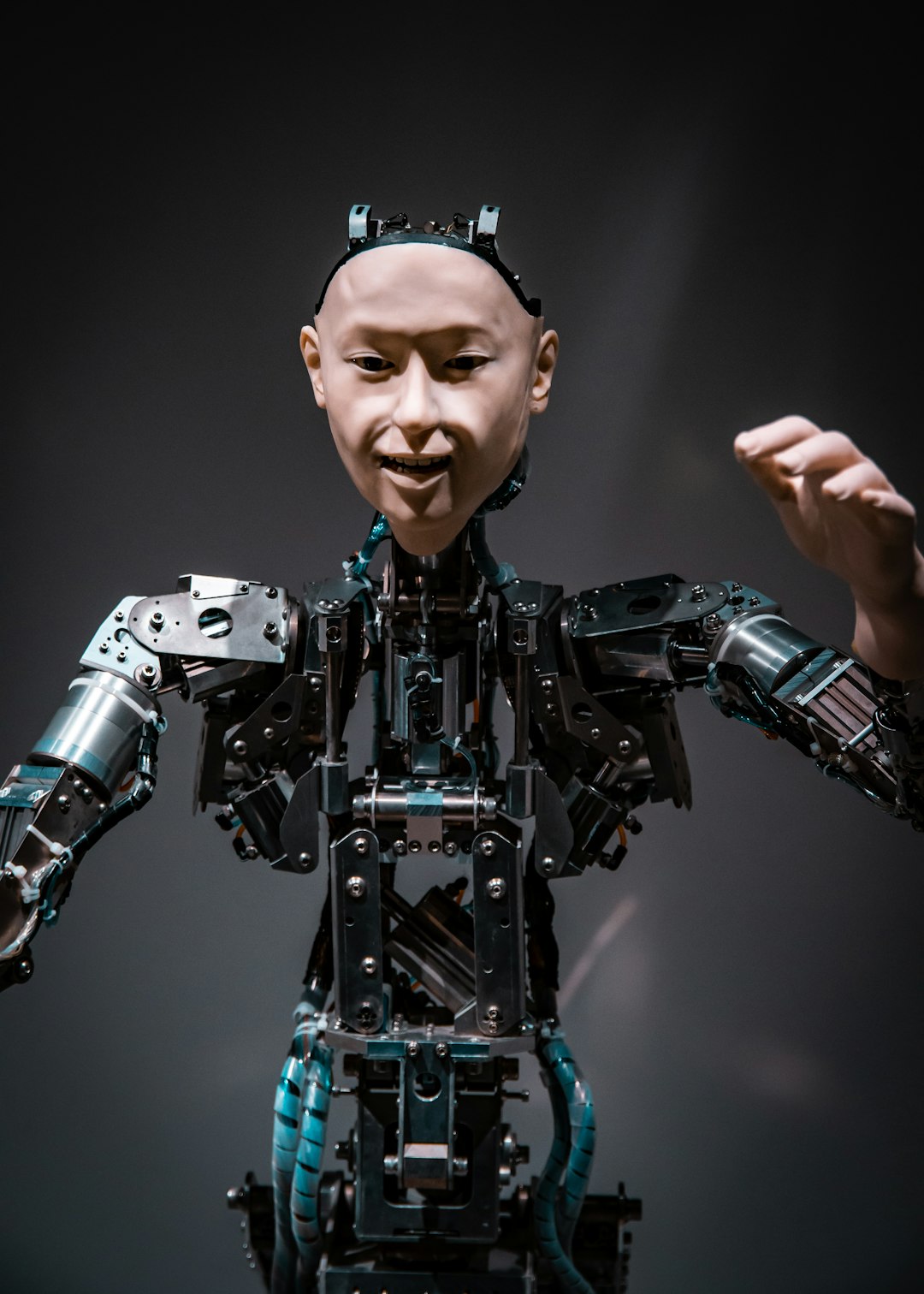
Revolutionizing Efficiency: How Artificial Intelligence is Transforming Industry Operations
The rapid evolution of technology has ushered in an era where Artificial Intelligence (AI) is not just a buzzword but a transformative force across industries. AI is revolutionizing efficiency in operations, leading to smarter decision-making, improved productivity, and enhanced customer experiences. This article delves into how AI is changing the landscape of various sectors, highlighting current developments, practical applications, and future trends.
Understanding Artificial Intelligence in Industry
Artificial Intelligence refers to systems or machines that mimic human intelligence to perform tasks and can iteratively improve themselves based on the information they collect. From predictive analytics to machine learning, AI technologies are being integrated into operations across diverse industries. The core objective remains the same: to enhance efficiency and reduce costs.
Current Developments in AI Technology
Automation of Routine Tasks
One of the most significant applications of AI is the automation of routine tasks. Industries such as manufacturing and logistics are leveraging AI-driven robots and automation systems to streamline operations. For example, Amazon employs AI in its warehouses to manage inventory and optimize picking routes, significantly reducing fulfillment time.
# Example: AI in Warehouse Automation
AI algorithms analyze inventory levels, forecast demand, and automate restocking processes, leading to reduced operational costs and increased efficiency.Enhanced Data Analysis
AI excels at processing vast amounts of data quickly and accurately. Businesses can analyze customer behavior, market trends, and operational inefficiencies to make data-driven decisions. Companies like Netflix and Spotify utilize AI algorithms to analyze user preferences, curating personalized content recommendations that enhance user engagement and satisfaction.
Emerging Trends in AI-Driven Efficiency
Predictive Maintenance in Manufacturing
Predictive maintenance, powered by AI, is transforming manufacturing operations. By analyzing data from machinery and equipment, AI can predict failures before they occur, allowing for timely repairs that minimize downtime. General Electric (GE) employs AI in its industrial IoT platforms to monitor equipment health, thereby reducing maintenance costs and improving productivity.
AI-Powered Supply Chain Optimization
Supply chains are becoming increasingly complex, and AI is stepping in to optimize them. Machine learning algorithms can analyze supply chain data to identify bottlenecks, forecast demand, and optimize inventory levels. For instance, companies like Unilever use AI to enhance their supply chain operations, resulting in reduced lead times and improved customer satisfaction.
Practical Applications of AI in Various Industries
Healthcare
In healthcare, AI is revolutionizing patient care and operational efficiency. AI systems can analyze medical images, assist in diagnosis, and predict patient outcomes. For example, IBM’s Watson Health utilizes AI to analyze vast amounts of medical data to support healthcare professionals in making informed decisions.
Financial Services
The financial sector is benefiting from AI through enhanced fraud detection and risk management. AI algorithms can analyze transaction patterns and detect anomalies in real-time, helping institutions mitigate risks. JPMorgan Chase has implemented AI to automate contract review processes, saving thousands of hours in legal work.
Retail
AI is transforming the retail experience by personalizing customer interactions and streamlining operations. Retailers utilize AI for inventory management, demand forecasting, and customer service chatbots. Companies like Walmart leverage AI to optimize pricing strategies and improve stock management, resulting in better customer experiences.
Expert Opinions on the Future of AI in Industry Operations
According to industry experts, the integration of AI in business operations is just the beginning. “As AI continues to evolve, we will see even more innovative applications that will redefine industry standards,” says Dr. Jane Smith, a leading AI researcher. “The potential for AI to enhance efficiency is limitless, and organizations must adapt to stay competitive.”
Case Studies Illustrating AI Transformation
Siemens
Siemens, a global leader in automation and digitalization, has implemented AI to enhance its manufacturing processes. By integrating AI into their production lines, Siemens has achieved improved efficiency and reduced waste, showcasing the potential of AI in transforming operations.
Tesla
Tesla is at the forefront of utilizing AI in its manufacturing and automotive processes. From AI-driven quality control to autonomous driving technologies, Tesla’s innovative use of AI has revolutionized the automotive industry, setting new benchmarks for efficiency and safety.
Conclusion
Artificial Intelligence is not just a technological advancement; it is a paradigm shift in how industries operate. By automating routine tasks, enhancing data analysis, and optimizing supply chains, AI is revolutionizing efficiency across various sectors. The future holds immense possibilities for AI, making it critical for organizations to embrace this transformative technology.
To deepen your understanding of AI and its applications, consider exploring resources such as AI in Manufacturing and AI in Healthcare.
Stay informed about the latest technology trends and innovations by subscribing to industry newsletters and following reputable tech blogs. Share this article with colleagues and peers to spread the knowledge on how AI is revolutionizing efficiency in industry operations.
Further Reading and Resources
- The Role of AI in Supply Chain Management
- Understanding Predictive Maintenance
- How AI is Transforming Customer Experience
By engaging with these resources, you can uncover more insights into how AI continues to shape the future of industry operations.


